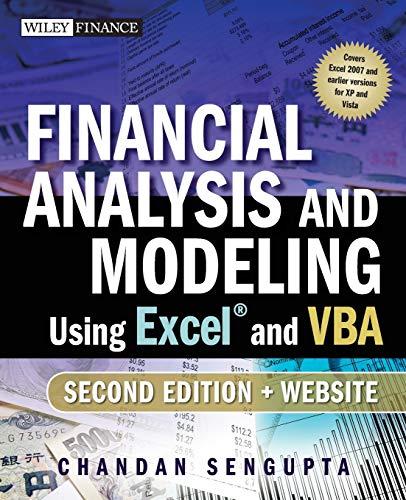Question
Suppose in figure 5.3 that the stock prices of target firms in acquisitions responded to acquisition announcements over a three-day period rther than alomost instantly.
 Suppose in figure 5.3 that the stock prices of target firms in acquisitions responded to acquisition announcements over a three-day period rther than alomost instantly.
Suppose in figure 5.3 that the stock prices of target firms in acquisitions responded to acquisition announcements over a three-day period rther than alomost instantly.
a. Would you describe such an acquisition market as efficient? Why or why not.
b. Can you think of any trading strategy to take advantage of the delayed price response?
c. If you and many others pursued this strategy, what would happen to the price response to acquisition announcements?
d. Some argue that market inefficiences contain the seeds of their own destruction. In what ways does your answer to this problem illistrate the logic of this statement, if at all?
e. Immediately after some merger announcements, the stock price of the target jumps to a level higher than the bid price. Is this proof of market efficiency? What might explain this price pattern?
FIGURE Time series of the Mean Price Index of the Shares of 161 Target Firms involved in successful Tender Offers 1.50 1.32 1.19 1.00 -k 40 30 10 10 Trading days Announcement Execution date dateStep by Step Solution
There are 3 Steps involved in it
Step: 1

Get Instant Access to Expert-Tailored Solutions
See step-by-step solutions with expert insights and AI powered tools for academic success
Step: 2

Step: 3

Ace Your Homework with AI
Get the answers you need in no time with our AI-driven, step-by-step assistance
Get Started


